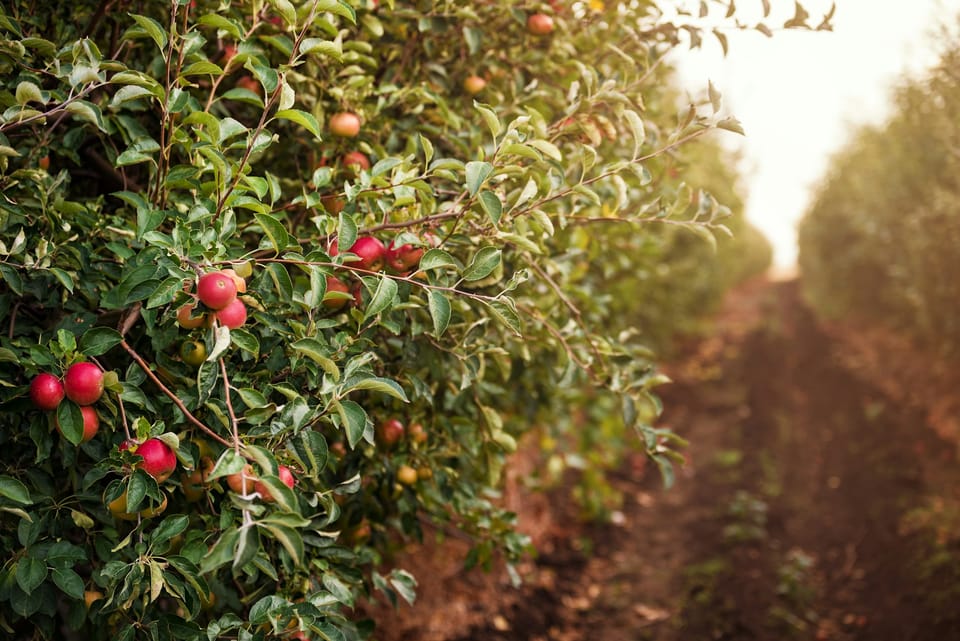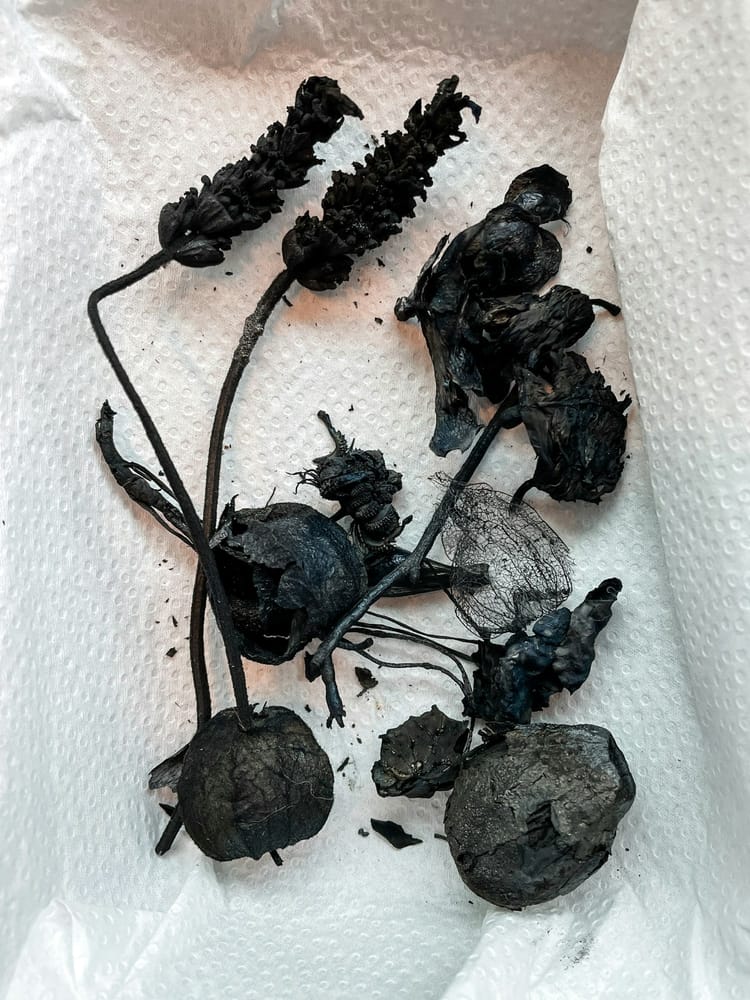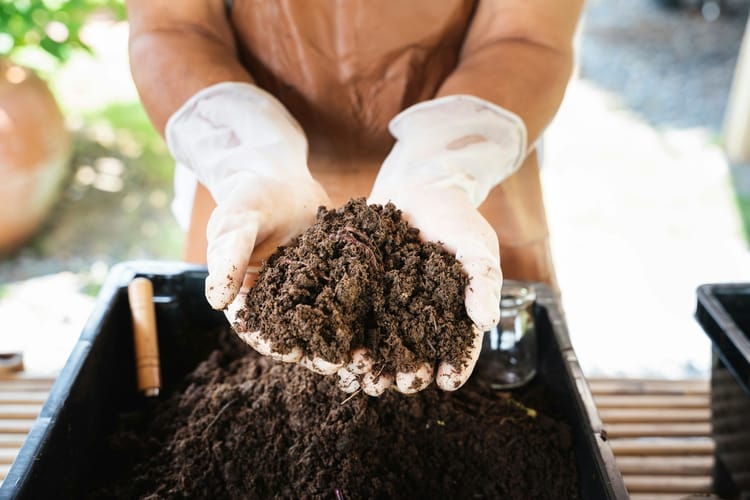European organic apple production to drop by 15%

Recent reports indicate that European organic apple production is expected to decrease by approximately 15% in the coming year. This significant drop in production is attributed to a combination of factors, including unfavorable weather conditions, pest and disease pressures, and challenges faced by organic growers in maintaining healthy orchards.
One of the primary reasons for the anticipated decline in organic apple production is the impact of adverse weather events. Many European apple-growing regions have experienced extreme weather patterns, such as late spring frosts, hailstorms, and prolonged periods of drought. These conditions have led to reduced fruit set, smaller fruit sizes, and overall lower yields in organic orchards.
Pest and Disease Pressures
Organic apple growers also face heightened challenges in managing pest and disease pressures without the use of synthetic pesticides. In recent years, the incidence of apple scab, a fungal disease that affects both leaves and fruit, has increased in many European orchards. Additionally, insect pests such as codling moth and apple sawfly have become more difficult to control using organic methods, leading to higher levels of crop damage.
Challenges in Organic Orchard Management
Maintaining healthy and productive organic apple orchards requires a delicate balance of cultural practices, biological controls, and allowed organic inputs. However, many growers have reported difficulties in achieving this balance, particularly in the face of increasing pest and disease pressures. The limited availability of effective organic crop protection products and the higher costs associated with organic production have further compounded these challenges.
Impact on the Market
The anticipated 15% drop in European organic apple production is likely to have significant implications for the market. Reduced supply may lead to higher prices for organic apples, potentially impacting consumer demand. Additionally, the shortfall in European production could create opportunities for organic apple growers in other regions to fill the gap in the market.
Something to consider:
- The organic apple industry must focus on developing more resilient and adaptive growing practices to mitigate the impacts of climate change and increasing pest and disease pressures.
- Investment in research and development of effective organic crop protection strategies and products is crucial to support the long-term viability of organic apple production in Europe.
- Consumers and retailers should be aware of the challenges faced by organic apple growers and be prepared for potential price fluctuations and supply limitations in the coming year.
Looking for updates? Sign up to our newsletter for weekly snippets.
#Europe





